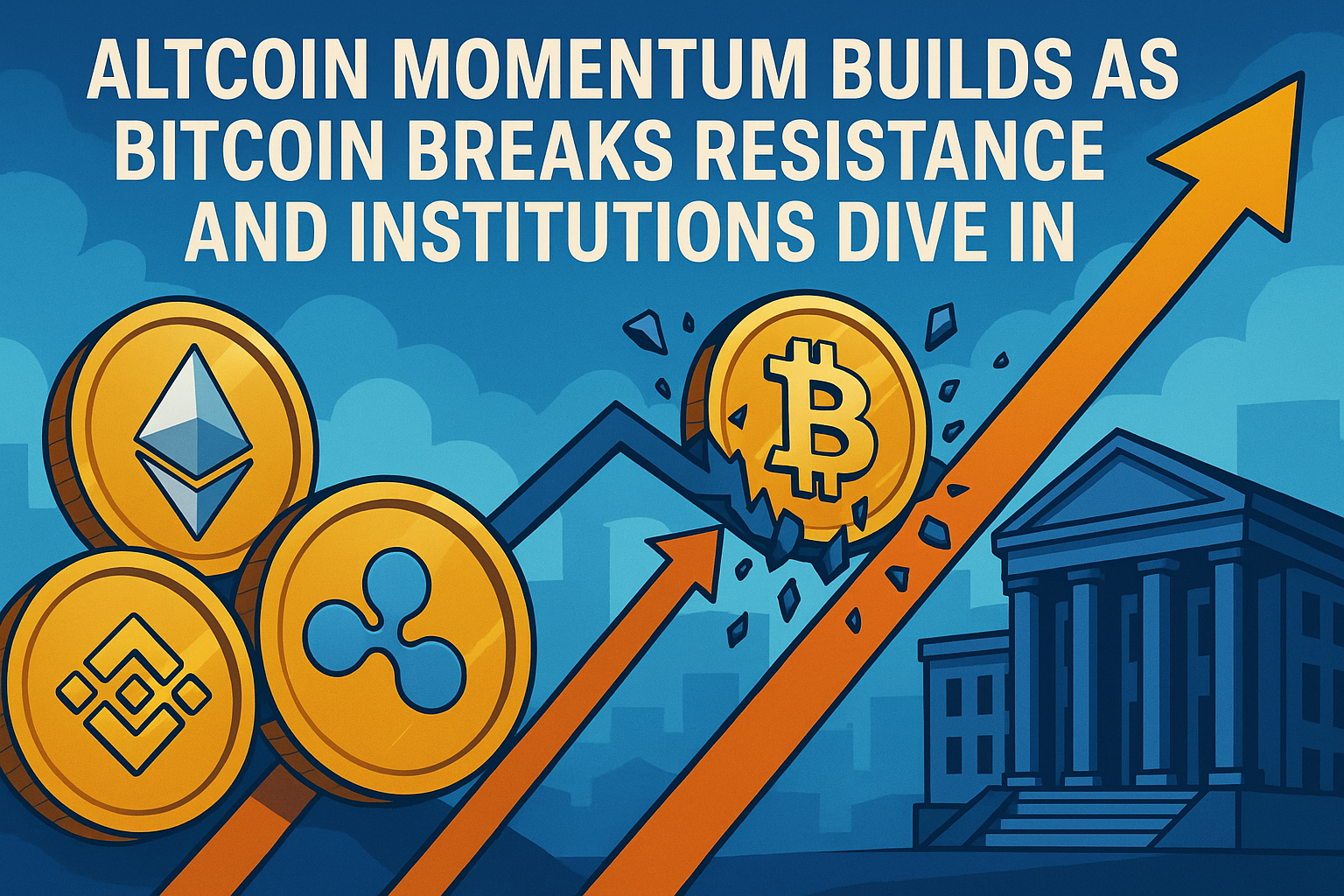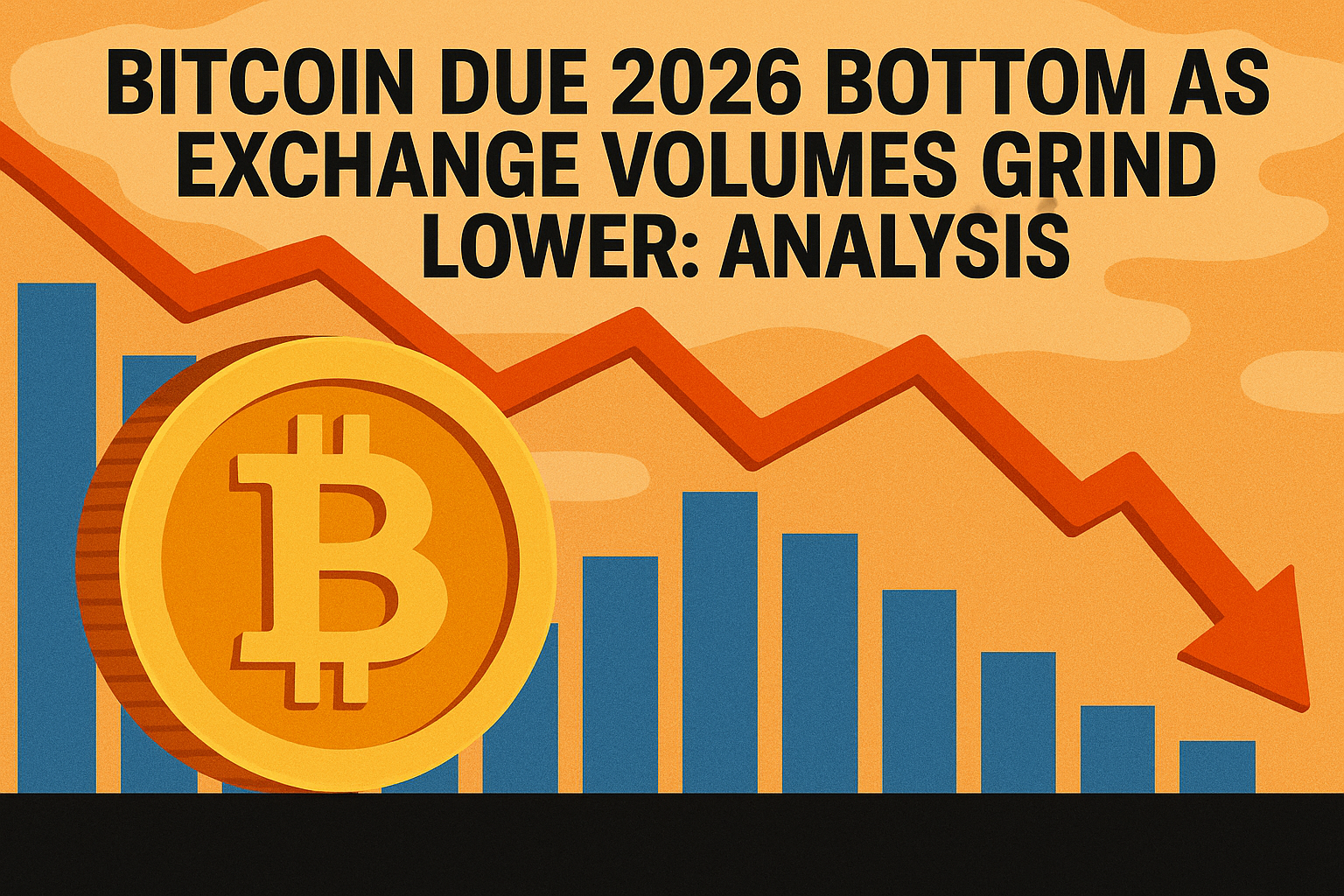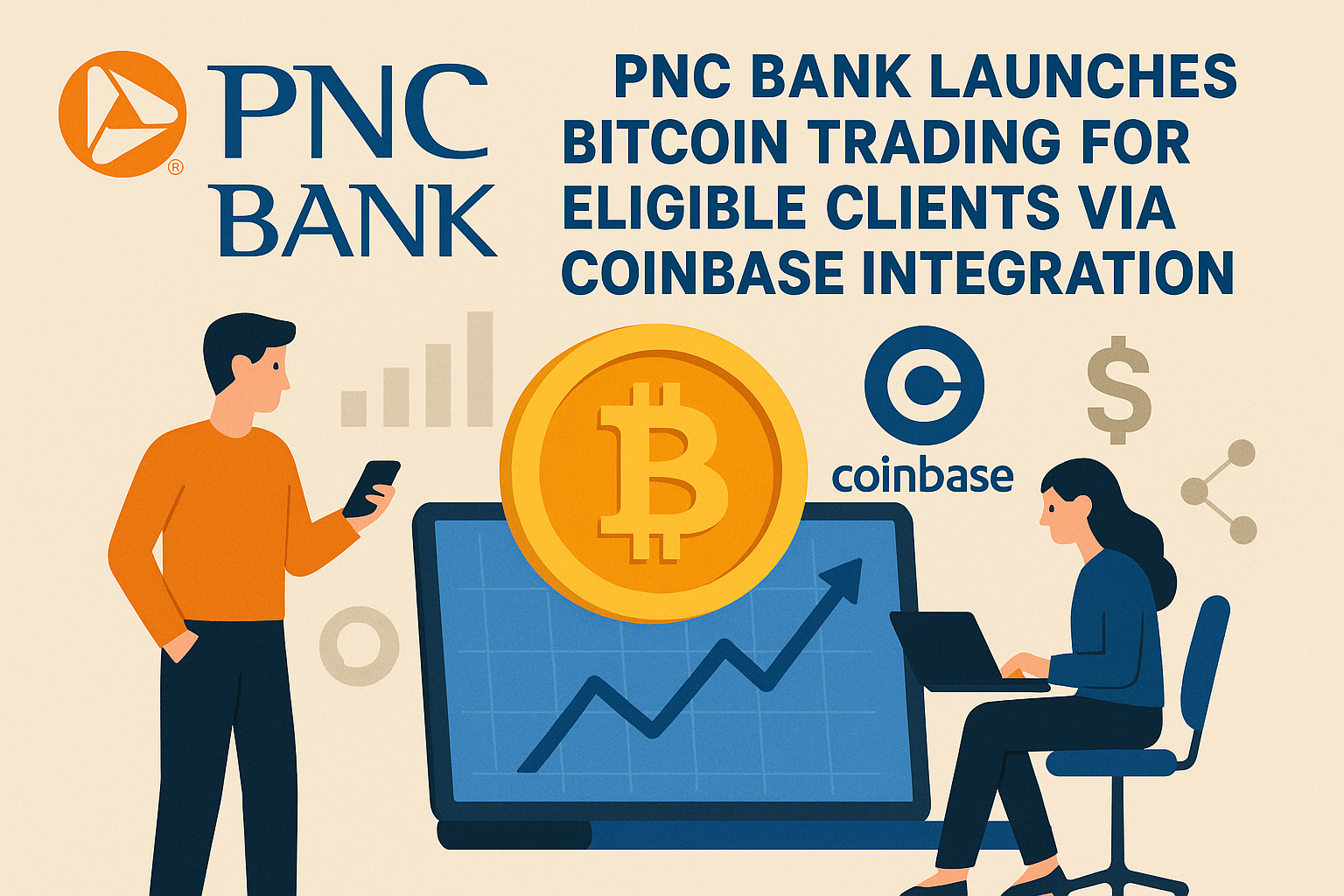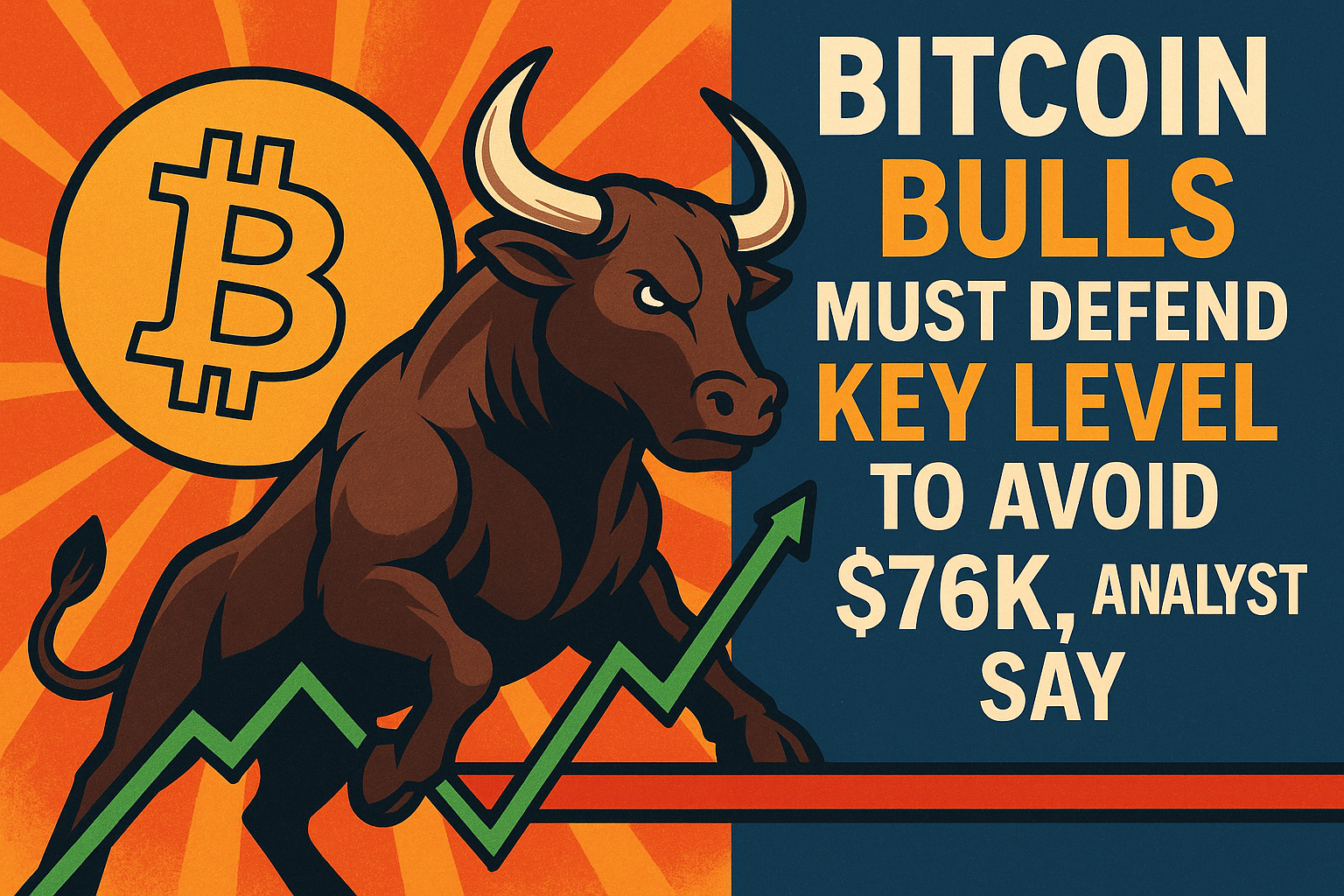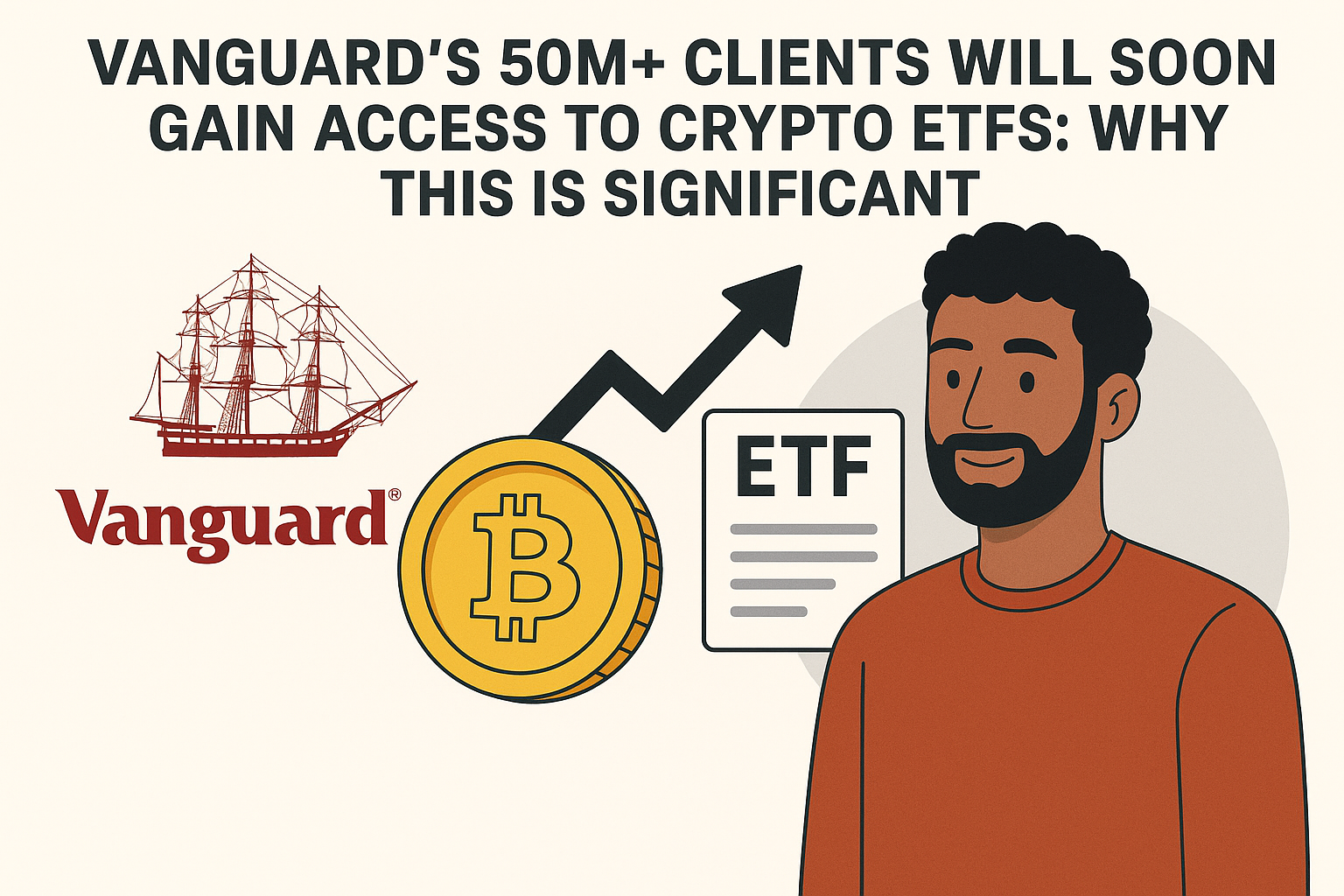Table of Contents
Introduction
Bitcoin has emerged as a revolution, a digital currency that promises transparency, decentralization, and potential lucrative returns.
Launched in 2009 by the pseudonymous entity Satoshi Nakamoto, Bitcoin has brought about an entirely new paradigm, ushering in the era of blockchain and cryptocurrencies. Since its inception, it has consistently defied critics, surviving numerous crashes and controversies to become one of the most valuable assets in the world.
However, along with its rise in prominence, Bitcoin has been surrounded by an aura of mystery and misconception. Its volatility, combined with tales of overnight millionaires and staggering crashes, has left many wondering about its true nature. Perhaps one of the most controversial and persistent misconceptions surrounding Bitcoin is the assertion that it is a pyramid scheme.
What is a Pyramid Scheme?
A pyramid scheme, by traditional definition, is a business model that recruits members via a promise of payments or services for enrolling others into the scheme, rather than supplying investments or sale of products or services. Such models are inherently unsustainable and often illegal.
By contrast, Bitcoin's proponents argue that it's a revolutionary form of currency and store of value that operates on a decentralized, transparent network, quite dissimilar to pyramid structures.
So, is Bitcoin merely a modern-day pyramid scheme, an elaborate scam designed to benefit only those at the top?
Or is it a groundbreaking innovation that has the potential to transform our financial systems?
This article aims to delve deep into these questions, dispelling myths, unearthing facts, and unveiling the truth about Bitcoin.
It's essential to lay aside biases and preconceived notions to fully understand and assess the nature of Bitcoin, and that's exactly what we intend to do in the forthcoming sections.

Understanding Bitcoin
To correctly assess the allegation of Bitcoin being a pyramid scheme, one must first understand the fundamental concepts and principles that underpin this groundbreaking technology.
What is Bitcoin?
Bitcoin is a digital currency, the first of its kind, introduced in 2009 by an anonymous entity known as Satoshi Nakamoto. Unlike traditional currencies issued by central banks (known as fiat currencies), Bitcoin is decentralized, meaning that it is not controlled by any single entity or government. Bitcoin was created to help provide solutions to issues like the Byzantine General Problem and many others facing our world today.
Instead, Bitcoin operates on a peer-to-peer network where transactions take place directly between users without the need for intermediaries.
The Blockchain
At the heart of Bitcoin is a revolutionary technology known as the blockchain. The blockchain is a decentralized, distributed ledger that records all Bitcoin transactions transparently and immutably.
Every transaction made is grouped together in a 'block', which is then added to a chain of previous transactions - hence the term "blockchain". This technology is what makes Bitcoin secure, transparent, and resistant to fraud.
Mining and The Creation of New Bitcoins
New bitcoins are created through a process known as 'mining'. Mining involves powerful computers solving complex mathematical problems. When a problem is solved, a new block of transactions is added to the blockchain, and the successful miner is rewarded with a certain number of bitcoins.
This reward system serves two purposes - it incentivizes people to maintain the Bitcoin network by mining, and it also controls the issuance of new bitcoins, mimicking the process of gold mining, hence the term.
Bitcoin's Finite Supply
One of Bitcoin's key features is its finite supply. The total number of bitcoins that will ever exist is capped at 21 million. This hard cap is built into the Bitcoin protocol itself and cannot be changed.
As of 2021, over 18.5 million bitcoins have already been mined. The fact that Bitcoin's supply is finite and predictable is one of the reasons why it's often referred to as 'digital gold'.
Bitcoin as a Store of Value and Medium of Exchange
Due to its decentralized nature and finite supply, many people view Bitcoin as a 'store of value', similar to how gold is viewed. They believe that Bitcoin can provide protection against inflation and currency devaluation because its supply is not controlled by any government.
On the other hand, Bitcoin can also function as a 'medium of exchange' for goods and services, though this is currently less common due to its price volatility.
By understanding these fundamental aspects of Bitcoin, we lay a solid foundation for addressing its comparison with pyramid schemes.
It's clear that Bitcoin was designed to function as a form of currency and a store of value, leveraging the advantages of a decentralized and transparent system - characteristics that are fundamentally at odds with the nature of pyramid schemes.

Defining a Pyramid Scheme
To effectively determine whether Bitcoin is a pyramid scheme, it's essential to first understand what constitutes a pyramid scheme. Pyramid schemes are fraudulent investment strategies that are illegal in many jurisdictions due to their unsustainable and exploitative nature.
Structure of a Pyramid Scheme
The most distinguishing characteristic of a pyramid scheme is its hierarchical structure, which resembles a pyramid. It begins with one person at the top, who recruits a second person to invest in the scheme. The second person is promised a return on their investment, which will be paid out using the funds from additional investors they are expected to recruit. This process continues as each investor recruits more individuals to invest in the scheme, creating subsequent levels in the pyramid.
The Unsustainability of Pyramid Schemes
The critical flaw of a pyramid scheme is that it's fundamentally unsustainable. The scheme relies on the constant recruitment of new members to provide returns to the previous investors. Eventually, the number of potential investors dries up, the scheme can't sustain itself, and most participants lose their money. Only those at the top levels of the pyramid usually make any significant profits.
Lack of Real Product or Service
Another common characteristic of pyramid schemes is the lack of a genuine product or service. While some pyramid schemes may purport to sell a product or service, this is often merely a veneer to give the scheme a semblance of legitimacy. In reality, the focus is not on selling the product or service but on recruiting new investors.
Profits Dependent on Recruitment
In a pyramid scheme, an individual's profit is primarily dependent on their ability to recruit new members rather than on selling a product or service or making a successful investment. The promise of high returns, often in a short time, is used to lure new members. However, as mentioned earlier, these returns are paid out of the money brought in by new recruits, creating a cycle that is bound to collapse eventually.
By understanding the nature and characteristics of pyramid schemes, we can compare them with the principles and functionalities of Bitcoin. This comparison will aid in revealing whether Bitcoin can indeed be classified as a pyramid scheme.
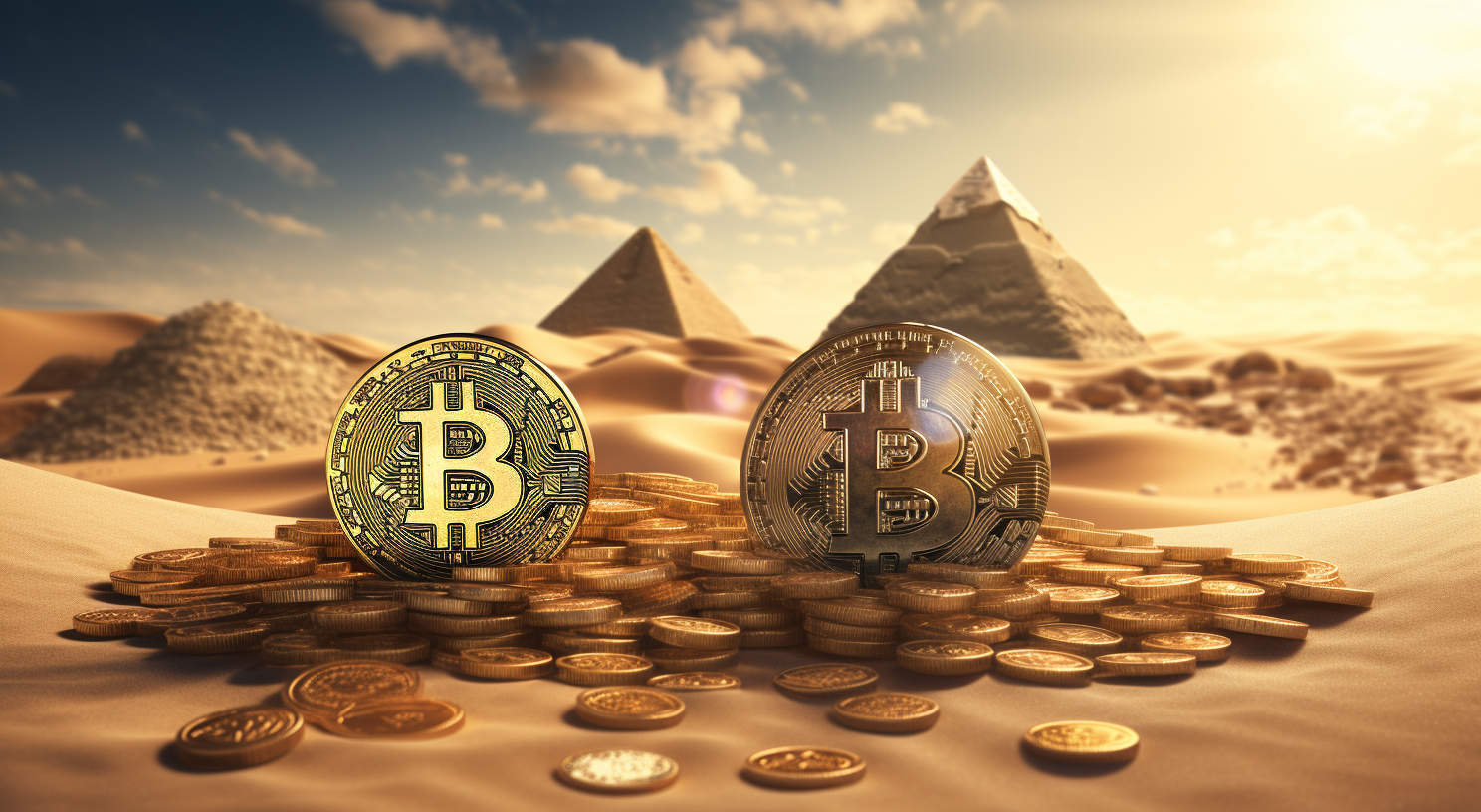
Bitcoin vs. Pyramid Schemes
Now that we have an understanding of the fundamental workings of both Bitcoin and pyramid schemes, we can make a comparative analysis. It's essential to remember that Bitcoin is a type of digital currency operating on a decentralized network, whereas a pyramid scheme is a fraudulent investment strategy. Let's delve into the differences and similarities.
Decentralization and Lack of Hierarchical Structure
One of the key distinguishing features of Bitcoin is its decentralization. Bitcoin operates on a peer-to-peer network, where transactions occur directly between users without an intermediary. This stands in stark contrast to pyramid schemes, which have a clear hierarchical structure with an organizer at the top who benefits most.
Absence of Promised High Returns
In a pyramid scheme, new recruits are often promised high returns on their investments, generally dependent on their ability to enlist further recruits. However, with Bitcoin, there are no guaranteed returns, and its value is subject to market forces. Profits or losses are determined by the price at which you sell your bitcoins compared to the price at which they were purchased.
Bitcoin Mining vs. Recruitment in Pyramid Schemes
Bitcoin operates through a process known as 'mining', where new bitcoins are introduced into the system as rewards for computational work. On the other hand, pyramid schemes function on recruitment, where new members are constantly needed to provide returns for the older members. The two models are fundamentally different: one relies on computational work, and the other on recruitment.
Transparency vs. Fraudulence
Bitcoin's operation on a blockchain ensures all transactions are transparent and verifiable, which is a significant departure from the clandestine operations of a pyramid scheme. Bitcoin's code is also open-source, which means it can be reviewed by anyone, adding another layer of transparency.
Real Value Creation vs. Wealth Redistribution
Bitcoin has the potential for real value creation. It offers a decentralized method of exchanging value and can serve as a store of value or a hedge against inflation. On the other hand, pyramid schemes are based on wealth redistribution, where the money from new recruits is used to pay the earlier participants.

Bitcoin's Criticisms and Misconceptions
While Bitcoin has gained significant attention and has been hailed by some as the future of finance, it has also faced a fair share of criticism and misunderstandings. Some of these criticisms have led people to draw parallels between Bitcoin and pyramid schemes.
Price Volatility
One of the most frequently voiced criticisms about Bitcoin is its price volatility. Since its inception, Bitcoin has experienced significant price fluctuations, sometimes dropping or rising by thousands of dollars in a single day. Critics argue that this extreme volatility makes Bitcoin more of a speculative asset rather than a reliable store of value.
However, it's crucial to remember that many emerging technologies and assets experience volatility in their early stages. It doesn't make Bitcoin a pyramid scheme.
Use in Illicit Activities
Because of its pseudonymous nature, Bitcoin has been used in various illegal activities, including money laundering and purchasing illegal goods. This has led some critics to label Bitcoin as a scam or a tool for criminals.
However, the use of technology for illicit purposes does not inherently make the technology itself a pyramid scheme or illegal. Just like cash or the internet, Bitcoin can be misused, but that does not define its fundamental nature.
The 'Greater Fool Theory'
Some critics argue that Bitcoin follows the 'greater fool theory', a concept that suggests the price of an asset is determined not by its intrinsic value, but by irrational beliefs and expectations of market participants. Critics suggest that Bitcoin's value relies on the ability to sell it to someone else for a higher price and thus draws a parallel to pyramid schemes.
However, it's essential to differentiate between market speculation—which is common in many asset markets, including stocks and real estate—and the fundamental principles of Bitcoin, which are not based on recruitment or guaranteed returns.
Environmental Concerns
Bitcoin mining requires a substantial amount of energy, leading to environmental concerns. The criticism is valid and needs to be addressed for Bitcoin's sustainable future, but this environmental impact does not align Bitcoin with the characteristics of a pyramid scheme.
Lack of Regulation
Another concern is the lack of regulation in the Bitcoin market. The decentralized nature of Bitcoin — one of its fundamental principles — means it operates outside of traditional banking systems and government control.
This has raised fears about its potential misuse. However, it is crucial to differentiate between a lack of regulation and a pyramid scheme, which is designed to deceive and defraud.

Notable Views on Bitcoin
Bitcoin has been the subject of many discussions among finance experts, government officials, and industry leaders. These views range from viewing Bitcoin as a transformative technology that will disrupt traditional finance to considering it a speculative bubble.
Here are some notable views that have shaped the discourse around Bitcoin.
Positive Views
- Jack Dorsey, Co-founder of Twitter and Square: Dorsey has long been a proponent of Bitcoin. He believes Bitcoin has the potential to become the native currency of the Internet and to provide a more accessible financial system for individuals who are unbanked or underbanked.
- Michael Saylor, CEO of MicroStrategy: Saylor views Bitcoin as "digital gold" and a hedge against inflation. His company, MicroStrategy, has invested billions of dollars in Bitcoin, marking one of the most significant endorsements of Bitcoin by a publicly traded company.
- Cathie Wood, Founder and CEO of ARK Invest: Wood sees huge potential in Bitcoin. She believes that Bitcoin's finite supply, coupled with increasing demand, will drive its price upward over the long term. She also views Bitcoin as a new asset class that has the potential to grow significantly.
Critical Views
- Warren Buffet, CEO of Berkshire Hathaway: Buffet has been skeptical of Bitcoin, famously calling it "rat poison squared." He argues that Bitcoin has no intrinsic value as it doesn't produce anything.
- Nouriel Roubini, Economist: Roubini has been a harsh critic of Bitcoin, calling it the "mother of all bubbles." He argues that Bitcoin and other cryptocurrencies have become more about speculation than actual utility.
- Janet Yellen, U.S. Treasury Secretary: Yellen has expressed concern about Bitcoin's use in illicit activities and its high energy consumption. However, she also acknowledged the potential benefits of digital currencies and supported regulatory efforts to examine these technologies more closely.
These varied views reflect the ongoing debate about Bitcoin's nature and its role in the future of finance. However, none of the views, whether positive or critical, definitively categorize Bitcoin as a pyramid scheme.
Instead, they highlight different aspects of the digital asset, from its potential to disrupt traditional financial systems to its challenges related to volatility, regulatory concerns, and utility.

The Future of Bitcoin
Predicting the future of Bitcoin can be a challenging task given its novel nature and the rapidly evolving landscape of cryptocurrencies. However, several trends and developments provide some insights into potential paths that Bitcoin's future might take.
Increased Institutional Adoption
One of the most notable trends in recent years has been the increased adoption of Bitcoin by institutional investors and corporations. Companies like Tesla and MicroStrategy have added Bitcoin to their balance sheets, while major financial institutions like Goldman Sachs and Fidelity are offering Bitcoin-related services to their clients.
This trend of institutional adoption could potentially lead to increased stability and acceptance of Bitcoin as a legitimate asset class.
Regulatory Developments
Regulation is one of the key factors that will shape Bitcoin's future. Countries around the world have taken varied approaches to regulating Bitcoin, ranging from embracing it to outright banning it. How regulators choose to treat Bitcoin could have a significant impact on its acceptance and usage. Some forms of regulation might be beneficial, providing clarity and protection for users while potentially reducing the opportunities for illicit use.
Technological Improvements
Technological improvements could also shape the future of Bitcoin. For example, the implementation of scaling solutions could make Bitcoin transactions faster and cheaper, increasing its utility as a medium of exchange. Moreover, advancements in energy-efficient mining technologies could help address environmental concerns associated with Bitcoin.
Wider Public Acceptance
The future of Bitcoin will also be influenced by the degree of its acceptance by the general public. While Bitcoin has gained significant attention, the majority of people worldwide are still unfamiliar with it or skeptical of it. Education and user-friendly applications could help increase Bitcoin's acceptance and usage.
Bitcoin as a Reserve Currency
Some proponents of Bitcoin believe that it could eventually serve as a reserve currency, a global form of "digital gold." Given its finite supply and decentralized nature, they argue, Bitcoin could serve as a store of value and a hedge against inflation, much like gold has historically. However, for this to happen, Bitcoin would likely need to achieve much greater stability and acceptance.
While the future of Bitcoin is far from certain, what is clear is that it represents a groundbreaking technology that has the potential to transform our financial systems.
Whether or not it fulfills its potential will be determined by a variety of factors, including technological developments, regulatory decisions, and the evolution of societal attitudes toward digital currency.

Conclusion
Bitcoin, as a pioneering cryptocurrency, has sparked considerable debate, speculation, and analysis. Its unique characteristics, coupled with the excitement and apprehension surrounding its development, have led to a variety of views and, in some cases, misconceptions. One such misconception is equating Bitcoin with a pyramid scheme.
Through this analysis, we have sought to dismantle this misconception by providing a clear understanding of what Bitcoin is, what a pyramid scheme entails, and how the two are fundamentally different. We've also acknowledged the criticisms and concerns associated with Bitcoin, explaining why, despite these criticisms, Bitcoin is not structurally or operationally similar to a pyramid scheme.
Bitcoin operates on a decentralized, peer-to-peer network, driven by consensus and computational work, rather than a centralized, hierarchical structure driven by recruitment and promised returns, as seen in pyramid schemes. Bitcoin does not guarantee profits, nor does it require the recruitment of new participants for older ones to make a profit.
Nevertheless, the concerns surrounding Bitcoin, such as its price volatility, use in illicit activities, environmental impact, and lack of regulation, are valid and need to be addressed. These concerns have led to critical views of Bitcoin but they do not align Bitcoin with the characteristics of a pyramid scheme.
The future of Bitcoin, while uncertain, holds the promise of potential transformations in the world of finance. As we move forward, continued research, dialogue, and regulation will be necessary to address the criticisms and challenges of Bitcoin, while harnessing its potential benefits.
In conclusion, while Bitcoin carries its own set of risks and concerns, it is not a pyramid scheme. Equating the two oversimplifies and misrepresents the realities of this complex and innovative technology.

